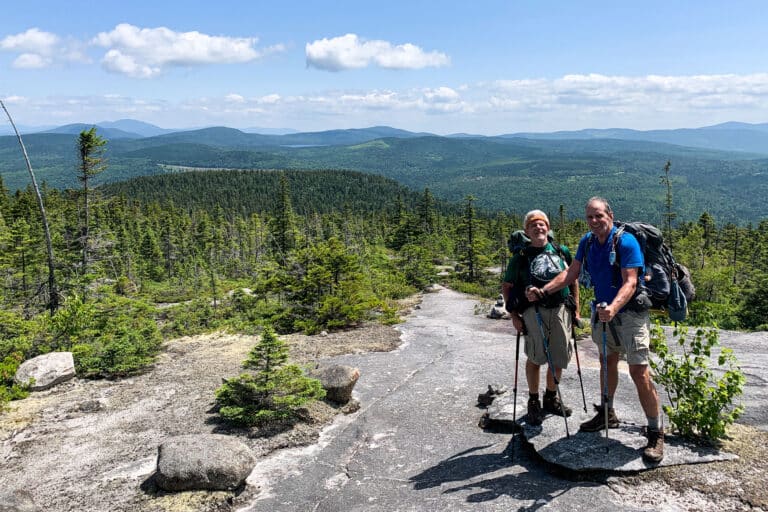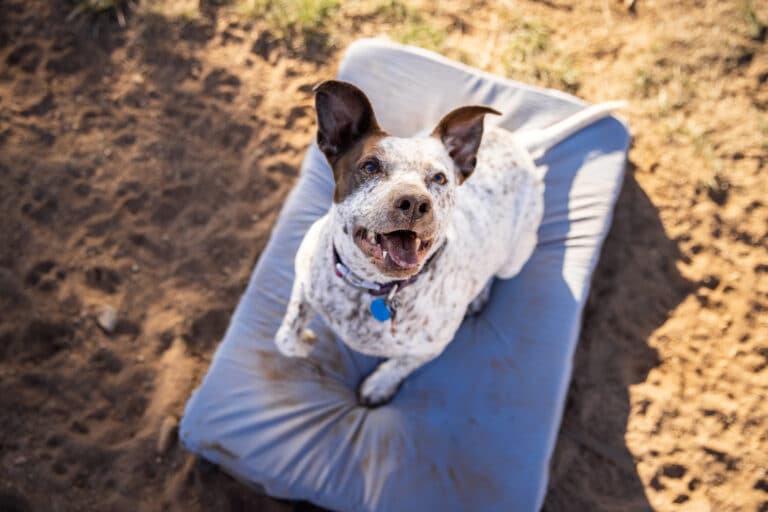Erwan Le Corre likes to talk about spearfishing.
He can go into detail about fighting the currents and the challenge of holding your breath at the bottom of the sea. How you have to learn about the fish’s behavior. Le Corre lives on Mexico’s coast with his wife and three kids and spends as much time as he can in the water, hunting fish. He and his family like to eat what he catches, but mostly, he likes spearfishing for the challenge.
“It’s very demanding,” he says from a café near the beach. “I went for three hours yesterday. I was exhausted at the end, like a stranded animal on the beach.”
It’s hard to imagine Le Corre exhausted. A decade ago, the native Frenchman made a splash in the U.S. when he introduced a revolutionary approach to fitness called MovNat that ditched the gym and focused on natural movements in a wild environment: walking, running, balancing, jumping, crawling, climbing, swimming, lifting, carrying, throwing, catching and self-defense. MovNat helped usher in the functional fitness movement, and at one point, Le Corre was dubbed the “fittest man alive.” Le Corre has spent the last several years refining and growing the MovNat program by teaching workshops and building an arsenal of certified trainers across the country. This spring, Victory Belt Publishing has released a book, The Practice of Natural Movement, where Le Corre compiles all of his knowledge about the art of natural movement. The book is nearly 500 pages and includes everything from Le Corre’s philosophy about why it’s important for modern humans to get back to more animal-like movement patterns, to detailed pictorials that show you step by step how to do movements that Le Corre believes are key to being healthy. Read the book and you’ll learn the basics (how to get up from the ground without using your hands) to the awesome (how to climb a skinny tree with no limbs).
We spoke with Le Corre about his new book, the deficiencies of functional fitness, and the secret to catching a fish with a spear.
BRO: So, spearfishing seems to be the exact sort of practice you’re training for with MovNat.
Le Corre: It is, because it’s real world, practical. You want to get fish and eat it, but it’s difficult. I don’t believe in training just to be strong or to look good. Fitness starts with a mindset, some sort of expectation—usually to be strong or bigger. That’s the conventional modern expectation of what it is to be in shape and what is sold to us by the industry for decades. So, I’m challenging that with MovNat and with this book.
BRO: You helped launch the functional fitness movement, and in your book, you say functional fitness doesn’t go far enough.
Le Corre: The problem with functional fitness is that the programs still stray away from anything close to the real world, and how people actually move naturally. Standing on a Bosu ball and doing lunges, you don’t do that in nature. You’re still restricting the idea of fitness to a limited scope of drills that might look functional but don’t transfer to the real world.
It’s intellectual masturbation. If you want to do a functional movement, do a natural movement. A movement that is practical. Get up and get down with no support from the hands. That’s natural. That’s practical. Functional fitness at best is highly limited. At worst, it’s complete bullshit.
BRO: You’ve been teaching MovNat for a decade, why write a book now?
Le Corre: I’ve always wanted to write a book, even before I designed the certification program. I wrote down every detail over the last 10 years, and it took me longer than that to develop and mature my philosophy and practice. It really took me decades to write this thing.
BRO: What’s the ultimate goal of your new book?
Le Corre: To equip people with the physical and mental skills that you need to perform in time of need in the real world. Every year, millions of kids get out of school and they can’t operate their body in the real world. They can’t even breathe correctly or stand up correctly. They’re clumsy and weak. That’s the truth. How does that happen? Kids live and grow indoors. They don’t play outside anymore. They don’t naturally develop any strength or cardio capacity. And then they grow up to be clumsy and weak adults. The ultimate goal of this book is to provide a physical education that modern people don’t get anymore. A lot of people are inept and have a complete lack of physical capability in the real world. I want to provide that education.
BRO: In your book, you discuss some heady topics that usually aren’t broached in fitness manuals—the environment, mindfulness—what do these topics have to do with moving naturally?
Le Corre: We’ve been led to believe that fitness is a purely physical thing–it’s mechanistic, based on an anatomical understanding of the body. That idea is limited and compartmentalized and it’s been failing so many people who get bored, step off the elliptical and think fitness isn’t for them. But fitness is about more than just strength or cardio. It’s about the freedom that natural movement gives you, and mindfulness, the environment are all a part of it.
BRO: And yet, your book is very practical. You spend pages showing readers how to do the most practical of movements.
Le Corre: Yeah, it boils down to this: Are you capable or not? That’s the litmus test. If something happens, can you sprint? Can you fight? Can you carry?
BRO: In that light, your new obsession with spearfishing makes sense. What’s the secret to catching a fish with a spear?
Le Corre: Patience. You’re not fast enough to swim after a fish. You have to let them come to you. You have to let yourself sink and then you freeze. You have to do your absolute best to be completely relaxed under water. Let the fish swim in front of you and then pounce.








